On Cape Cod, there has been data collected in past years showing per- and polyfluoroalkyl substances, or PFAS, accumulating in local waters. But what are PFAS and why are they such an urgent matter?
PFAS, are synthetically made chemicals used for product application that allow oil and water repellency, temperature resistance, and friction reduction to a wide range of products. PFAS can be found in everyday household products like Teflon, polishes, non-stick pans, and water-repellent fabrics.
Due to their temperature resistance properties, PFAS were used in fire-fighting foams at the Cape’s local airport and military base. After years of use, it seeped into our sole source aquifer and can now be found in our groundwater, drinking water, and even locally grown crops and livestock.
Does it matter that PFAS can be now found in almost everything? Yes, at high enough levels, these chemicals can cause serious health effects. PFAS are known as the ‘forever chemical’ because instead of breaking down in the body, they accumulate. Research shows that PFAS negatively affect the liver, kidneys, reproductive systems, and cholesterol. In more severe cases, people have developed thyroid disease, infertility, and even cancer.
As a result of this research, the US no longer manufactures PFAS within its borders. The Environmental Protection Agency has created proposals to limit the use of PFAS, but until these laws are passed, PFAS produced in other countries are still being used on fast food wrappers, carpeting, and paints.
Silent Spring Institute has done extensive research on PFAS through their PFAS-REACH project funded by the National Institute of Environmental Health Sciences. To reduce your exposure to PFAS, avoid stain-resistance products, teflon, packaged foods (microwaveable popcorn bags), and install an activated carbon or reverse osmosis filter for your home’s drinking water.
To learn more about PFAS, visit the Silent Spring Institute‘s website!


